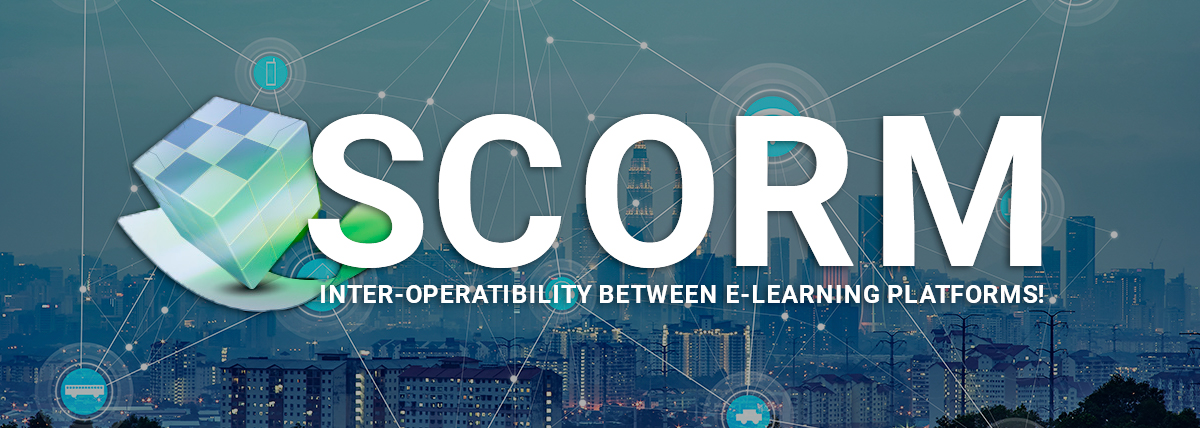What is it about SCORM (Shareable Content Object Reference Model) that the e-learning folks are going gaga over? Well… to put it across in simple terms, SCORM is a ‘certificate’ that an LMS has to get, if it wants to score in the game of ‘inter-operatibility’. The e-learning folks are a bunch of crackerjacks, who really get excited about the word ‘certified’… it sort of instills in them a feeling of ‘tour de force’, because of the sense of completion associated with the word ‘certified’.
Imagine owning a stockpile of DVDs, but not a DVD player. Now, the DVD player that we seek should be able to play all types of DVDs single-handedly, isn’t it? Otherwise, we’d need one DVD player each that would jibe with only one type of DVD. Recipe for disaster? It truly is!


















